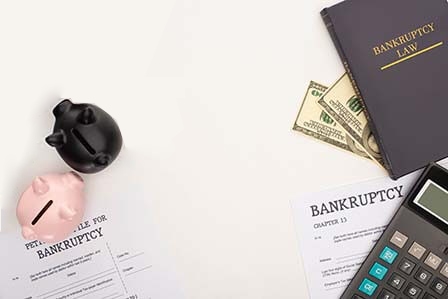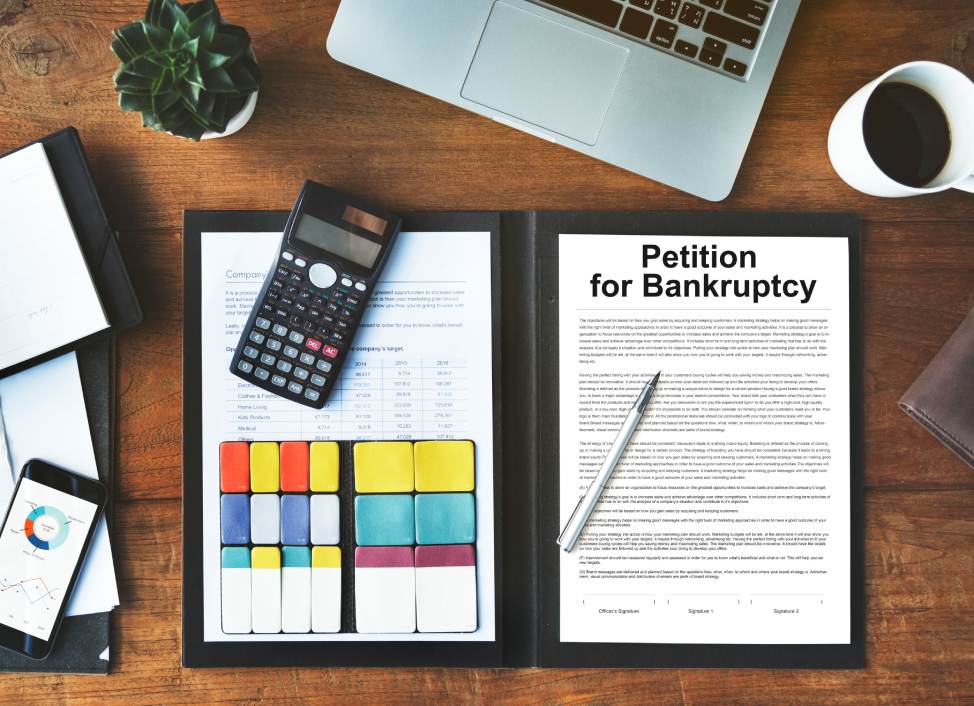
Wiping the Slate Clean—Because You Deserve a Second Chance
Debt Free, Stress Free

Bankruptcy provides many individuals relief from debts that they can no longer afford to pay.
Bankruptcy can stop the following:
- Creditor harassment and collection
- Foreclosure
- Car repossessions
- Evictions
Bankruptcy proceedings can eliminate various types of debts, including but not limited to credit card debt, medical bills, personal loans, and other unsecured obligations. However, certain debts are typically not dischargeable through bankruptcy. These non-dischargeable debts generally include child support, alimony, most student loans, and specific tax liabilities.
Individuals may file bankruptcy petitions individually or jointly with their spouses. There are primarily two types of bankruptcy filings available to individuals or married couples: Chapter 7 and Chapter 13.
What is a Chapter 7 Bankruptcy?
A Quick Financial Restart
A Chapter 7 Bankruptcy, often referred to as a “liquidation bankruptcy,” is typically suited for individual or joint debtors who do not possess significant assets they wish to retain. In cases where substantial assets are present, the Bankruptcy Trustee will sell or liquidate these assets to satisfy creditors’ claims. Chapter 7 Bankruptcy is advisable for debtors with predominantly unsecured debt, such as credit card balances and medical bills, or for those with vehicles they do not wish to retain. Upon filing a Chapter 7 Bankruptcy, debtors can generally expect to receive a discharge of eligible debts within approximately 4-6 months.


What is a Chapter 13 Bankruptcy?
A Customized Repayment Plan
A Chapter 13 Bankruptcy, also known as a “repayment plan bankruptcy,” is generally suited for individual or joint debtors who possess significant assets they wish to retain. For instance, if a debtor is in arrears on their mortgage payments but wishes to keep their home and prevent a foreclosure sale, then filing a Chapter 13 Bankruptcy should be considered. Chapter 13 Bankruptcy enables the debtor to preserve their home and repay the arrears through a structured bankruptcy plan. Upon filing a Chapter 13 Bankruptcy, debtors can typically expect to receive a discharge of eligible debts within 3-5 years, depending on the specific terms of their repayment plan.
